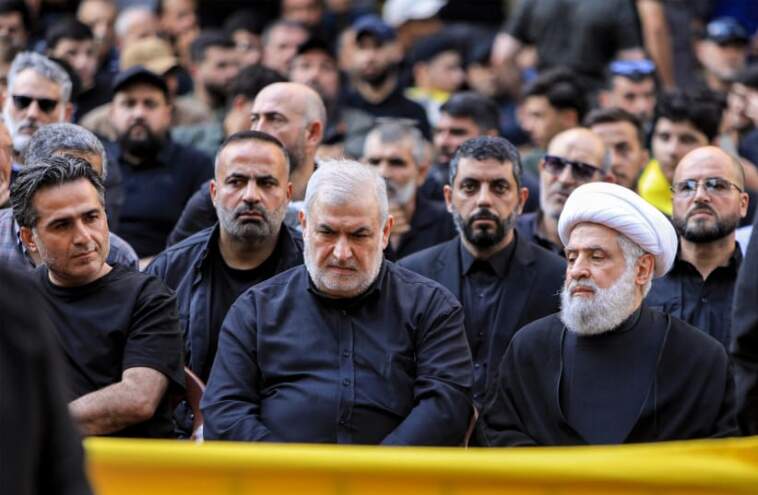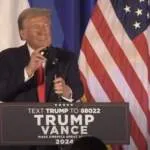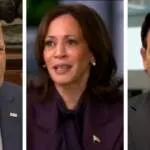(Jerusalem Post) Hezbollah said it supported efforts to secure a ceasefire with Israel as the IDF continued to target its top leadership and the two armies sharply increased their bombardments.
“After the issue of a ceasefire takes shape, and once diplomacy can achieve it, all of the other details can be discussed and decisions can be taken,” Hezbollah deputy leader Naim Qassem said on Tuesday. “If the enemy [Israel] continues its war, then the battlefield will decide.”
Qassem mentioned in particular the efforts of Lebanese Parliament Speaker Nabih Berri to restore calm.
“We support the political activity being led by Berri under the title of a ceasefire,” the deputy leader said in his 30-minute televised address.
It was not clear whether this signaled any change in stance, after a year in which the group has said it is fighting to support both Hamas and the Palestinian people in their war with Israel and would not stop without a ceasefire in Gaza.


Qassem says the conflict with Israel was a war about who cries first
US State Department spokesperson Matthew Miller clarified that Israel has not accepted a ceasefire. The word ceasefire was only meaningful, he explained, if it included an agreement for Hezbollah to pull away from Israel’s northern border and back to the Litani River, as set out under the United Nations Security Council Resolution 1701 that detailed the ceasefire terms ending the Second Lebanon War.
“Obviously, we don’t trust Hezbollah,” Miller said. “But you look at what Hezbollah said in 2006 when 1701 was adopted by the UN Security Council… that they would implement 1701 – and they blew through all of their commitments.
“So there is an obvious lack of faith in Hezbollah’s ability to do what it said in 2006 and do what it’s saying it would do now, which is agree to an actual ceasefire that would allow Israeli civilians to return home and allow Lebanese civilians to return home,” the State Department spokesperson said.
Qassem’s statement about a ceasefire, Miller said, shows that Israel has been successful in weakening the group’s military power.
For a year Hezbollah wouldn’t talk about a ceasefire and now that it’s “on the back foot and is getting battered, suddenly they’ve changed their tune and want a ceasefire. I think it’s not surprising given the situation they find themselves in,” he said.
Speaking from an undisclosed location, Qassem said the conflict with Israel was a war about who cries first, and Hezbollah would not be the first to cry. The group’s capabilities were intact despite “painful blows” from Israel.
“Dozens of cities are within range of the resistance’s missiles. We assure you that our capabilities are fine,” he said.
His televised address was shown on the same day that Israel announced it had killed Hashem Safieddine, a top Hezbollah official who was set to replace the Lebanese-based terrorist group’s leader Hassan Nasrallah.






